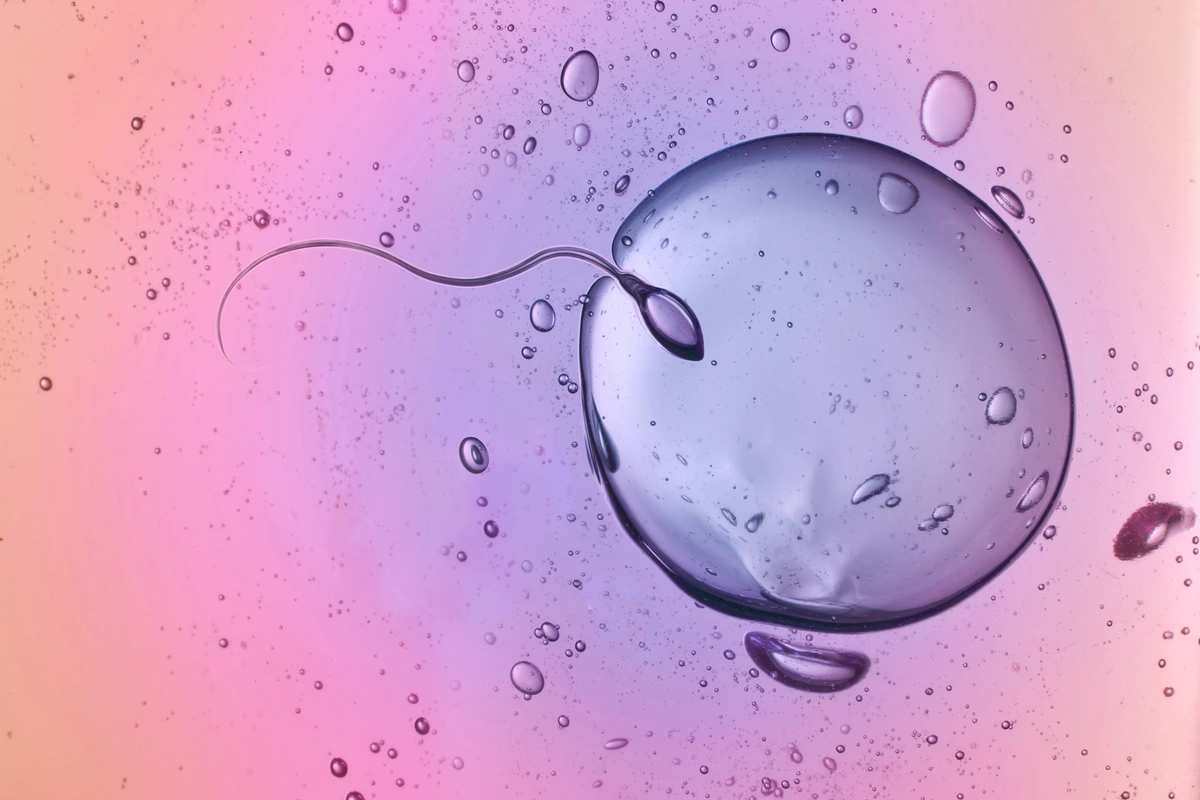
Using Donor Sperm to Grow Your Family at Indiana Fertility Institute
At Indiana Fertility Institute (IFI), we believe there’s no one “right” way to build a family—only the way that’s right for you. This June, during Pride Month, we celebrate the many different journeys that bring people to parenthood, especially those in the LGBTQ+ community. One path that’s helped many patients grow their families is the use of donor sperm—a powerful option for anyone needing or choosing to conceive without a male partner’s sperm.
Some individuals and couples come to us with a clear plan: they’re ready to use donor sperm to start their family. Others arrive unsure, with lots of questions. Who uses donor sperm? How does the process work? What are the risks? Is it the right choice for us?
We’re here to guide you through it all.
Why Use Donor Sperm?
Patients consider using donor sperm for a variety of reasons. It can be a hopeful solution or a proactive choice—depending on the individual or couple’s circumstances. Common reasons include:
-
Same-sex female couples or single women ready to start or grow their families.
-
Male-factor infertility, such as low or absent sperm count or poor sperm quality.
-
Genetic conditions that a male partner does not wish to pass on.
-
Transgender individuals whose fertility needs are not met by traditional conception methods.
-
A history of unsuccessful fertility treatments using a partner’s sperm.
Whatever your reason, choosing donor sperm is not a compromise—it’s a deeply intentional step toward the family you’re meant to have.
Types of Sperm Donors
Choosing a sperm donor is a deeply personal part of the process. At IFI, we work closely with reputable, accredited sperm banks to help you find the right match for your family-building goals.
Please note: Indiana Fertility Institute does not collect sperm donations or maintain an on-site registry of sperm donors. Instead, we connect patients to trusted sperm banks that meet FDA and ASRM guidelines for safety and screening.
The most common types of sperm donors include:
-
Anonymous Donors: These donors do not have direct contact with recipient families. Donor profiles typically include medical history, physical characteristics, and sometimes essays or audio recordings.
-
Open-ID Donors: These donors agree to the option of contact once the donor-conceived child reaches adulthood (usually age 18), if desired.
-
Known Donors: In some cases, a friend or relative may serve as a donor. These arrangements require careful coordination, including legal contracts and comprehensive medical screening.
All sperm donors—regardless of donor type—are screened for:
-
Infectious diseases (such as HIV, hepatitis, syphilis)
-
Genetic conditions and hereditary diseases
-
Overall medical and family history
Our team will walk you through the selection process and help ensure your chosen donor meets the medical and emotional needs of your family plan.
The Treatment Process
Once you’ve chosen your donor, your donor has been thoroughly screened and evaluated, and your treatment plan has been determined, we’ll guide you through each step with clarity and compassion. The most common procedures involving donor sperm are:
-
Intrauterine Insemination (IUI): A minimally invasive procedure where donor sperm is placed directly into the uterus around the time of ovulation. This is often the first treatment option due to its simplicity and cost-effectiveness.
-
In Vitro Fertilization (IVF): In cases involving additional fertility concerns or when higher success rates are desired, IVF may be recommended. Eggs are retrieved, fertilized with donor sperm in a lab, and resulting embryos are transferred into the uterus.
Each plan is personalized, based on your fertility health, goals, and medical history.
Considerations and Support
Using donor sperm involves more than just medical procedures. There are emotional, ethical, and legal aspects to consider—and we’re here to help you navigate them all.
Things to think about:
-
How you and your partner (if applicable) feel about using donor sperm
-
How and when to discuss donor conception with your future child
-
Whether you prefer a known or anonymous donor, and what level of future contact (if any) you’re comfortable with
-
Legal protections when using known donors
Our team can connect you with counseling, support groups, and patient education resources to help you feel confident and prepared.
Honoring Pride and Diverse Families
As we celebrate Pride Month, we’re proud to support LGBTQ+ individuals and couples as they pursue their dreams of parenthood. The use of donor sperm has been life-changing for many of our patients—from same-sex female couples starting their first round of IUI to trans individuals exploring IVF options after fertility preservation.
At IFI, your story, identity, and family structure are not only welcome—they’re celebrated.
Ready to Explore Your Options?
Whether you’re just beginning to consider donor sperm or already feel confident in your decision, our team at Indiana Fertility Institute is here to help. We’ll guide you through every step of the journey with compassion, expertise, and inclusive care.
Let’s build your family—together. Schedule a consultation today to get started!

